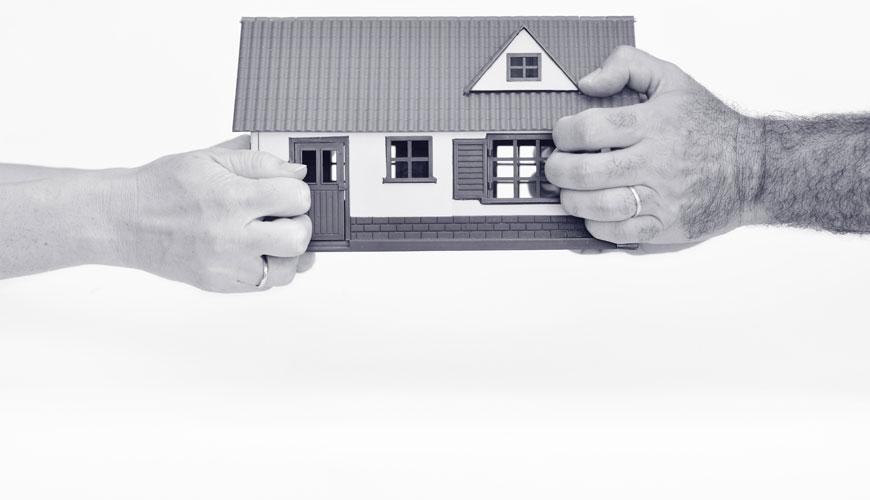Divorce and Property

As real estate agent here in Bracebridge, I understand the importance of a home. More than simply a shelter, a home represents a significant investment of time and money, as well as the stage for thousands of memories.
Unfortunately, a divorce can disassemble the home you worked so hard to create. In addition to splitting a couple and possibly a family, a divorce can split a home and shatter the stage upon which your memories played out. Given this, dealing with the house can be emotionally draining. Indeed, people become emotionally attached to their homes and this emotion seems even stronger when a divorce is the reason a person must sell or choose to keep their home.
Someone contemplating divorce or in the process will have many more questions than the typical home buyer or seller. You might be asking: Who, if anyone, will stay in the house? Who will move out? Should we sell the house? Are there any steps we must take, unique to our circumstances?
Division of Property after a divorce
When a marriage ends, the equal contribution of each person to the marriage is recognized. The law provides that the value of any kind of property that was acquired by a spouse during the marriage and still exists at separation must be divided equally between the spouses. Also, any increase in the value of property owned by a spouse at the date of marriage must be shared. The payment that may be owed to one of the spouses in order to effect this sharing is called an equalization payment, or an equalization of net family property.
There are some possible exceptions to these rules, which are called excluded property, and may include gifts or inheritances received during the marriage from someone other than a spouse, provided that the gifts or inheritances were not used towards a matrimonial home.
These automatic property sharing provisions only apply to married spouses. If you are in a common law relationship, you are not entitled to an equalization payment, but may be entitled to a payment from your spouse to pay you back for a direct or indirect contribution to property that he or she owns. These claims are referred to as trust claims.
For more information on your rights go to Community Legal Education Ontario (CLEO): http://www.cleo.on.ca/en/publications/propertydiv
What You Need to Know About Selling Your House Due to Divorce
Divorce can be a complicated situation, muddied by many emotional and financial concerns. One of the most troublesome issues is often related to the communal home, namely what to do with it.
In the midst of such a complicated situation you need straight-forward and specific answers and advice. Once you are informed as to how your impending divorce will impact your home, mortgage, and taxes, proactive decisions can be made. Information from an objective third party can help ensure the decisions you make are not fuelled by emotion.
Likely the first important decision to make concerning the home is whether or not you want to continue residing in it. Are you more comfortable remaining in a familiar place, or will the memories attached to the home create an unpleasant environment? Do you want the minimal hassle of staying put, or do you want a fresh start?
You must carefully consider your answer to these questions, keeping in mind your financial limitations. Ask yourself if you can bear the full responsibility of the home, or if it is wiser to sell and buy a smaller, more affordable home. Research your options: is refinancing possible? If you choose to buy another home, what can you find within your price range?
By asking the right questions you will be able to make informed decisions that will ultimately be in your best interest.
You have 4 Basic Options
- Sell the communal home and divvy up the proceeds
- Buy out your spouse so as to own the whole home
- Sell your half to your spouse
- Keep joint ownership
Before deciding which option you prefer, take some time to fully understand the implications of each of the four options.
Sell the Home and Divvy up the Proceeds
If you choose this option, it is best to maximize the home's selling price to provide each of you with as large a fund for a new home as possible. Many home owners make the mistake of failing to understand how much money each will walk away from the sale with. Be certain that you are fully aware of what your net proceeds will be. Meaning, the amount you will have in your pocket after necessary expenses and the division of the proceeds. Remember that the proceeds may not be divided in half. Instead, the division will depend on the result of your divorce settlement and the legislative property laws where you live.













